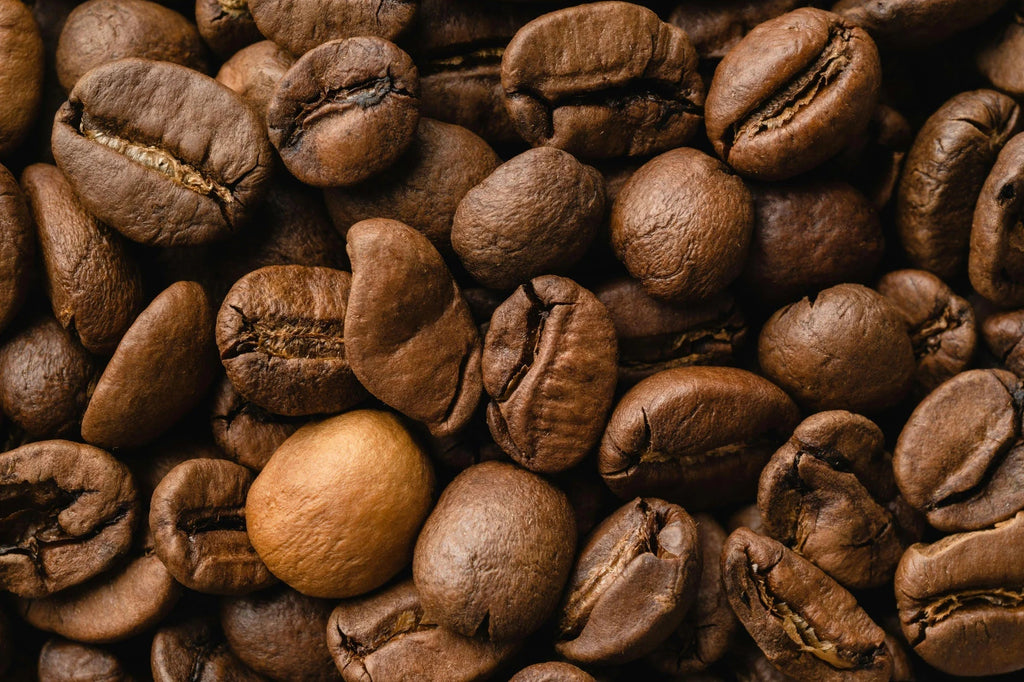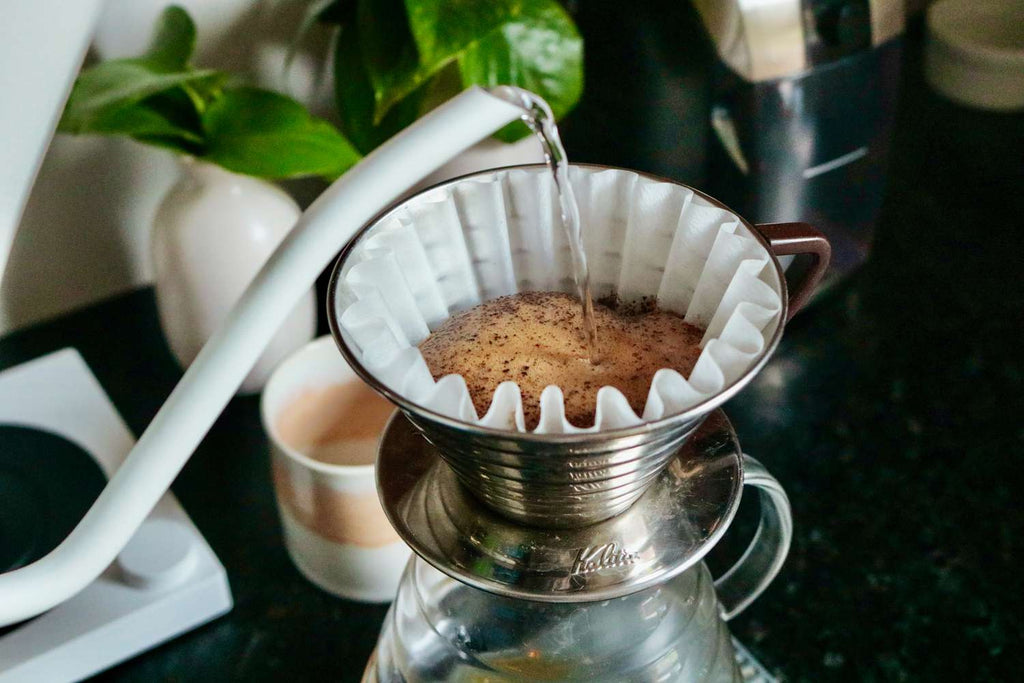
Why Specialty Coffee Beans Are Not Oily

Why Specialty Coffee Beans Are Not Oily
If you’ve ever opened a bag of coffee and noticed glossy, oil-coated beans, you may have wondered what causes this and whether it’s a sign of quality. The truth is, coffee beans can be oily or dry depending on their roast level and freshness. While specialty coffee beans are typically not oily, there’s a time and place for oilier beans, particularly for those who enjoy the bold flavors of darker roasts. Let’s explore why specialty coffee tends to be less oily and what that means for your brew.
The Role of Roasting in Coffee Oil Development
Coffee beans naturally contain oils that influence their flavor and aroma. These oils remain trapped within the bean at lighter roast levels, preserving the distinct characteristics of the coffee’s origin. As the roasting process progresses, particularly in medium and dark roasts, heat causes these oils to migrate to the surface. This is why darker roasts often appear shiny—it’s a natural result of prolonged roasting.
Specialty coffee roasters typically focus on lighter to medium roast profiles to highlight the unique flavors inherent in high-quality beans. Since these roasts don’t reach the extreme temperatures that force oils outward, the beans remain dry on the surface while still being rich in flavor.
Oils and Coffee Freshness
Beyond roast level, the presence of surface oils can also indicate the age of the beans. Even a medium roast can develop an oily sheen over time due to oxidation. When coffee beans are exposed to air, light, and heat, their internal oils gradually emerge, which can lead to rancidity and stale flavors if not consumed quickly.
To maintain peak freshness, specialty coffee is often sold in small batches with a focus on proper storage. Keeping beans in an airtight container, away from direct light and heat, helps preserve their flavor and prevents excessive oiliness from developing over time.
Does Oily Coffee Mean Bad Coffee?
Not necessarily! Oily beans are common in certain roast styles and can contribute to the bold, smoky flavors that some coffee lovers prefer. However, for those who appreciate the bright acidity, floral notes, and complex flavors of specialty coffee, a lighter roast with dry-looking beans is often the preferred choice.
Additionally, excessive oil buildup can sometimes cause issues in certain brewing methods, such as espresso machines with built-in grinders, where oily beans may clog the equipment. This is something to keep in mind when selecting coffee for your preferred brewing method.
Choosing the Right Coffee for You
At Elephas Coffee, we celebrate all aspects of coffee culture and personal taste preferences. While our specialty coffee is crafted to emphasize natural flavors and typically lacks surface oil, we respect the love for darker, oilier roasts as well. Whether you enjoy a bright and clean pour-over or a bold, smoky French press, understanding the role of roast levels and oils can help you choose the perfect coffee for your palate.
Explore our collection of expertly roasted specialty coffees and find the brew that best suits your taste. For those who enjoy a darker, bolder roast, try our Bella Luna Dark Italian Roast, our deepest, richest roast with a smooth yet intense flavor profile. Cheers to great coffee, however you enjoy it!






